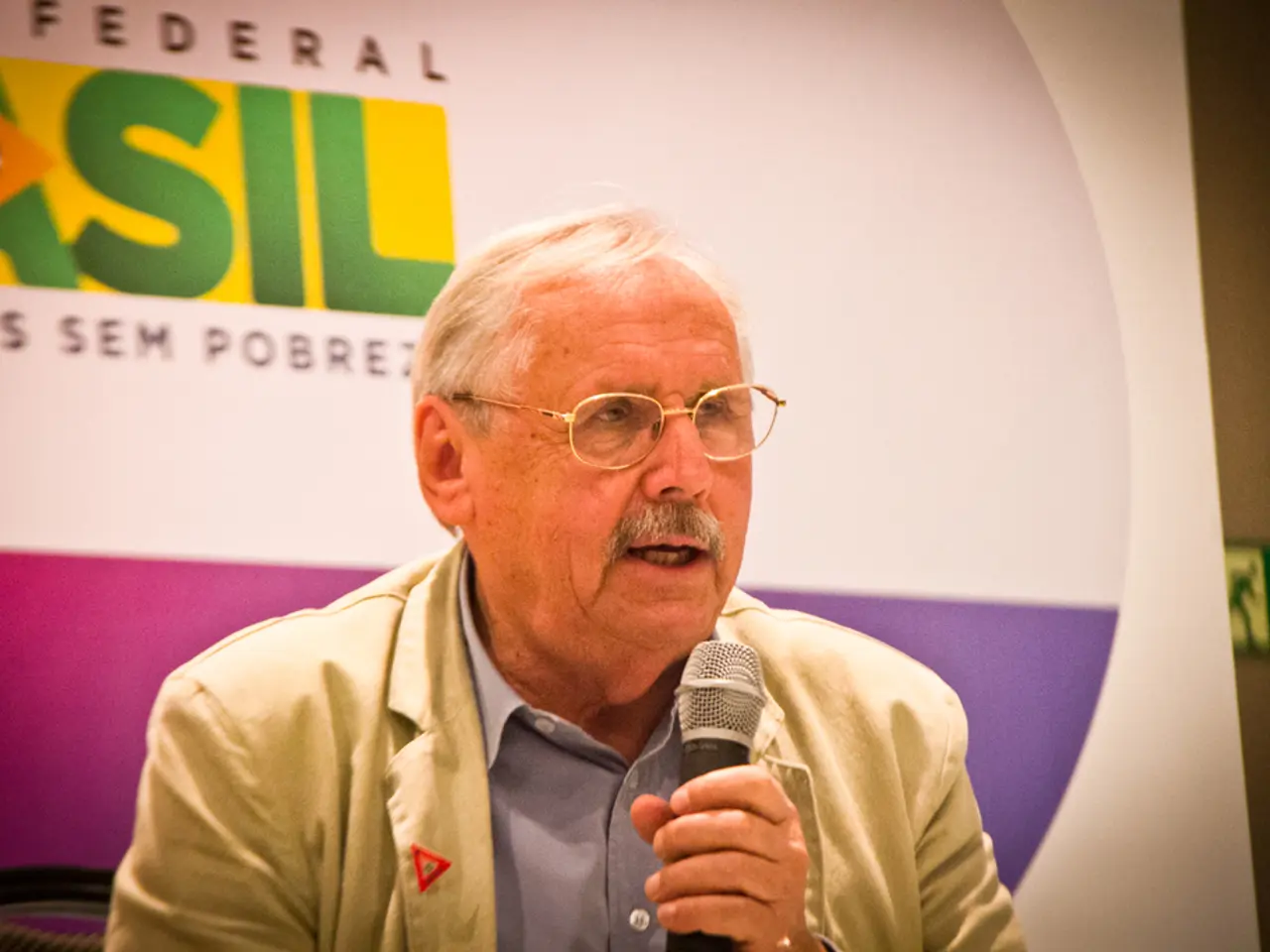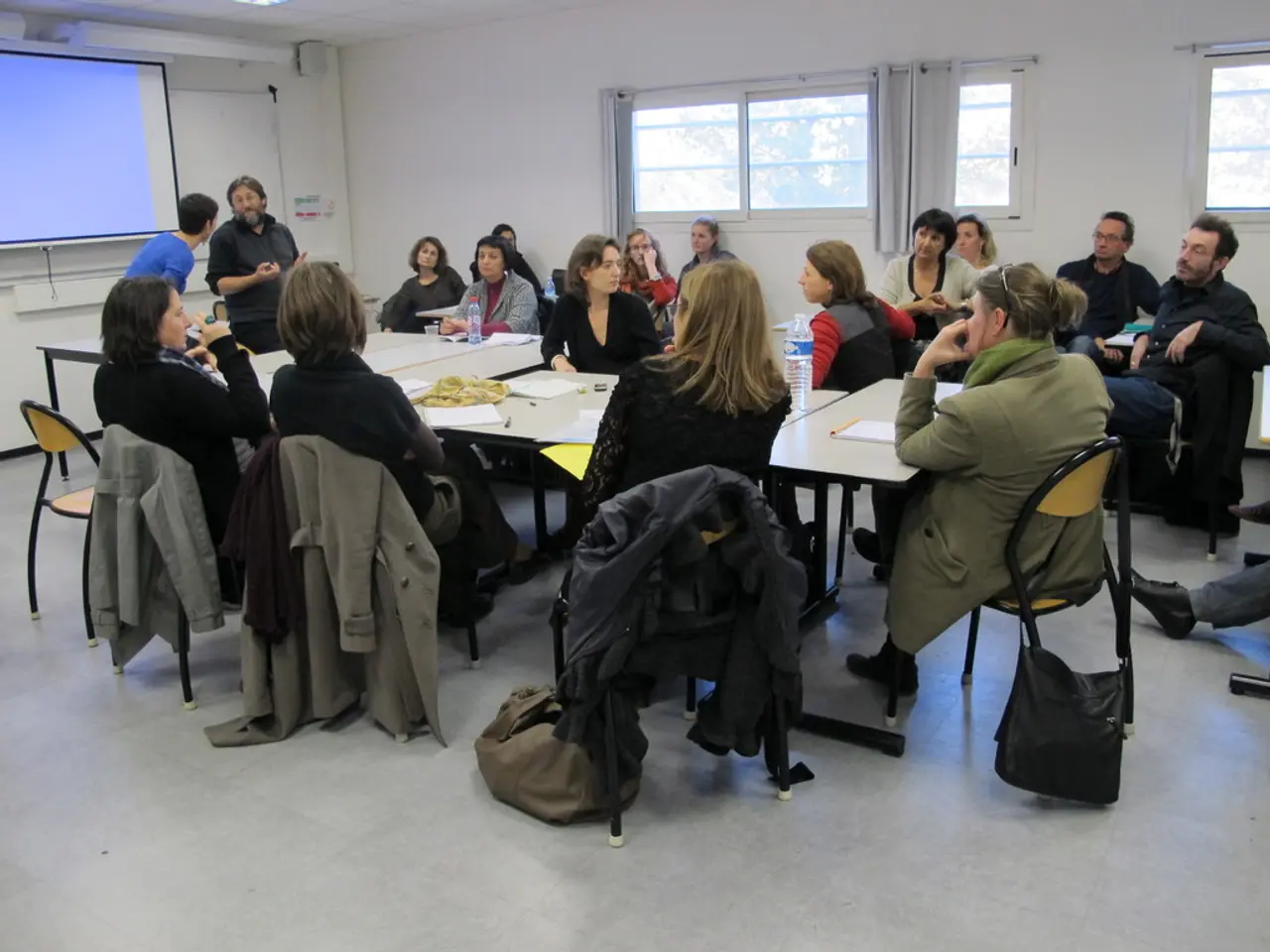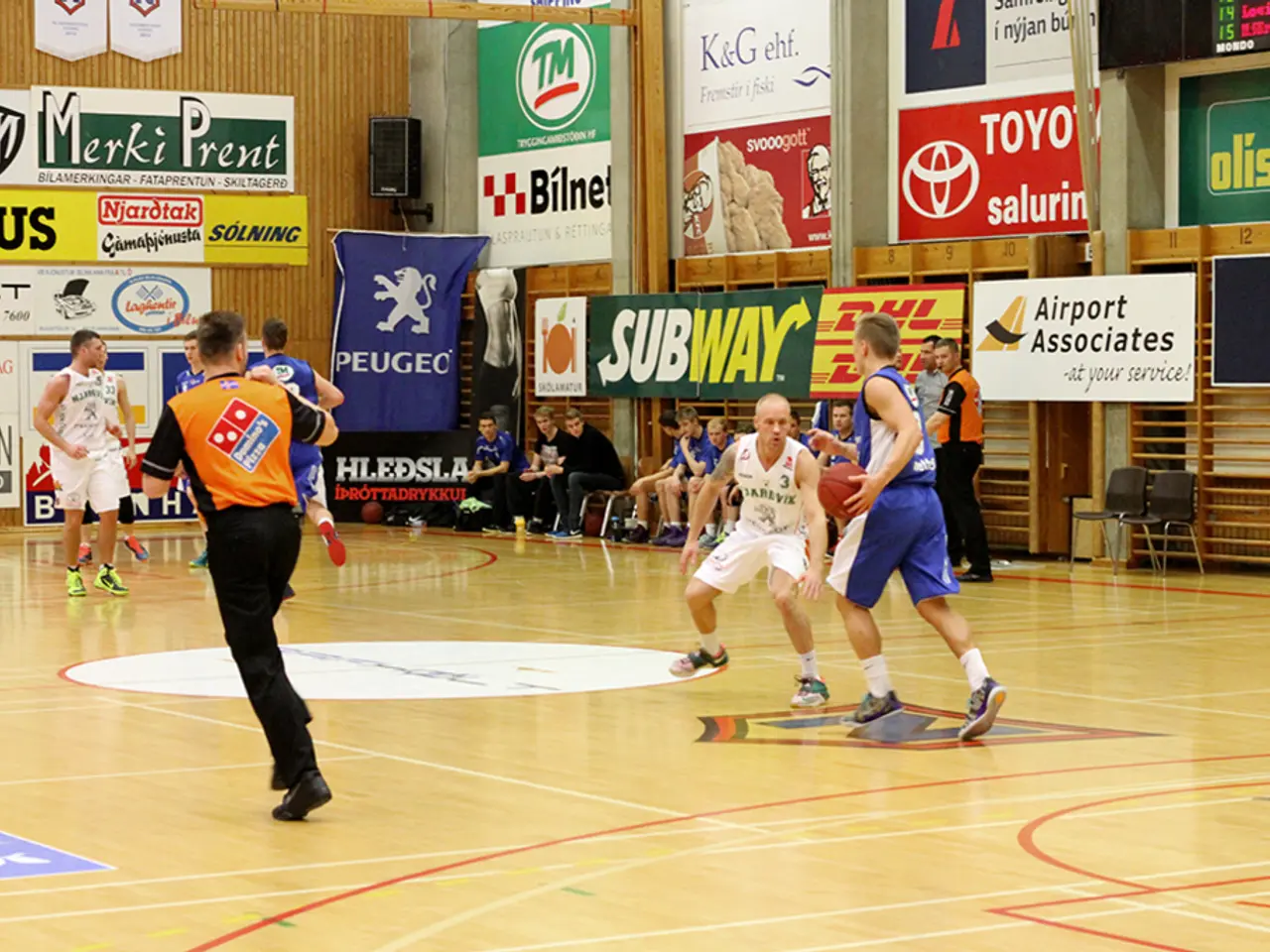Right-Wing Forces in Europe Employ Trump-Inspired Tactics with Observable Success
In recent years, political landscapes across the globe have witnessed a shift towards polarization, with parties adopting strategies reminiscent of historical figures like Adolf Hitler and Donald Trump. One such example can be found in Germany, where the Alternative für Deutschland (AfD) is attempting to break the political status quo and gain power by instigating a culture war.
The AfD's strategy involves targeting the socialist party Die Linke, aiming to fracture the broader left spectrum and isolate the AfD as the only viable partner for the Christian Democrats (CDU). This calculated approach is designed to enable the AfD to enter government despite past ostracism.
In comparison, Donald Trump's strategy in the U.S. also relied on cultural polarization and identity politics to consolidate power. Trump framed American politics as a battle between "real Americans" and a radical left elite, mobilizing grievances around immigration, nationalism, and cultural identity.
Both the AfD and Trump strategies share similarities. They exploit cultural and identity issues to create political polarization, aim to undermine or bypass established political norms, and position themselves as the sole defenders against a radicalized left.
However, there are differences. The AfD explicitly plans to use Die Linke as a strategic pawn in a cultural war to collapse the firewall, a formalized pact unique to the German political system. Trump's approach hinged more on direct personal populism and media dominance.
Germany's political system, a multi-party parliamentary democracy, emphasizes coalitions, while the U.S. is primarily a two-party presidential system. Therefore, coalition-building maneuvers differ fundamentally.
Unfortunately, this rise in polarizing politics has led to a surge in antisemitism in Germany, with recorded incidents almost doubling between 2022 and 2023. In the online space, extreme opponents of Israel are interacting with fascist antisemites, while Islamophobia and stigmatization of migrants run rampant.
Similar trends are emerging in other countries, such as the UK, where the far-right party Reform is polling up to 30 percent. The formation of a new left party involving Jeremy Corbyn could further fuel a polarizing atmosphere.
In France, a high proportion of antisemitic acts are related to the Israel-Hamas war, with more than 10 percent of incidents involving physical assaults - an all-time high. This has led to a situation where people on the pro-Palestinian progressive left and the racist far right are in a state of "mental civil war" with each other.
As we navigate these challenging political times, it is crucial to remember the lessons of history. The rise of fascism was often fueled by mass resignation, hopelessness, and tiredness. A vigorous center with a clear story about rapid improvement is essential to halt the slide to the extremes.
References: 1. The Guardian 2. ADL Report 3. Politico 4. BBC News 5. The New York Times
- Civil society must remain vigilant during war-and-conflicts and policy-and-legislation debates, as political polarization can escalate antisemitism and foster an environment for extremism, as evidenced in Germany, France, and the UK.
- In the context of Turkey's general-news landscape, parties should refrain from manipulating public sentiment through tactics promoting cultural polarization and identity politics, as seen with the Alternative für Deutschland and Donald Trump.
- Crime-and-justice authorities in various countries should monitor interactions between extreme opponents and fascist groups online, particularly during conflict-provoking events, to prevent the radicalization of opinions and potential violence.







